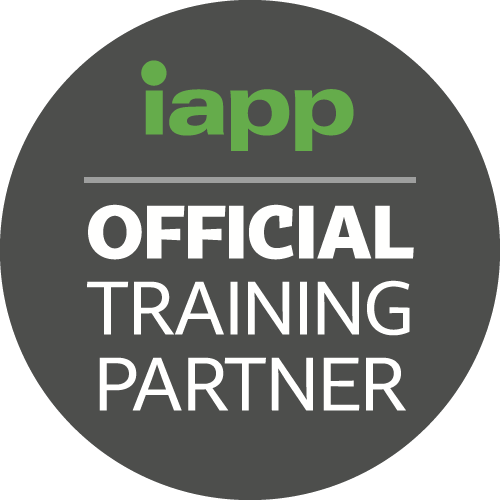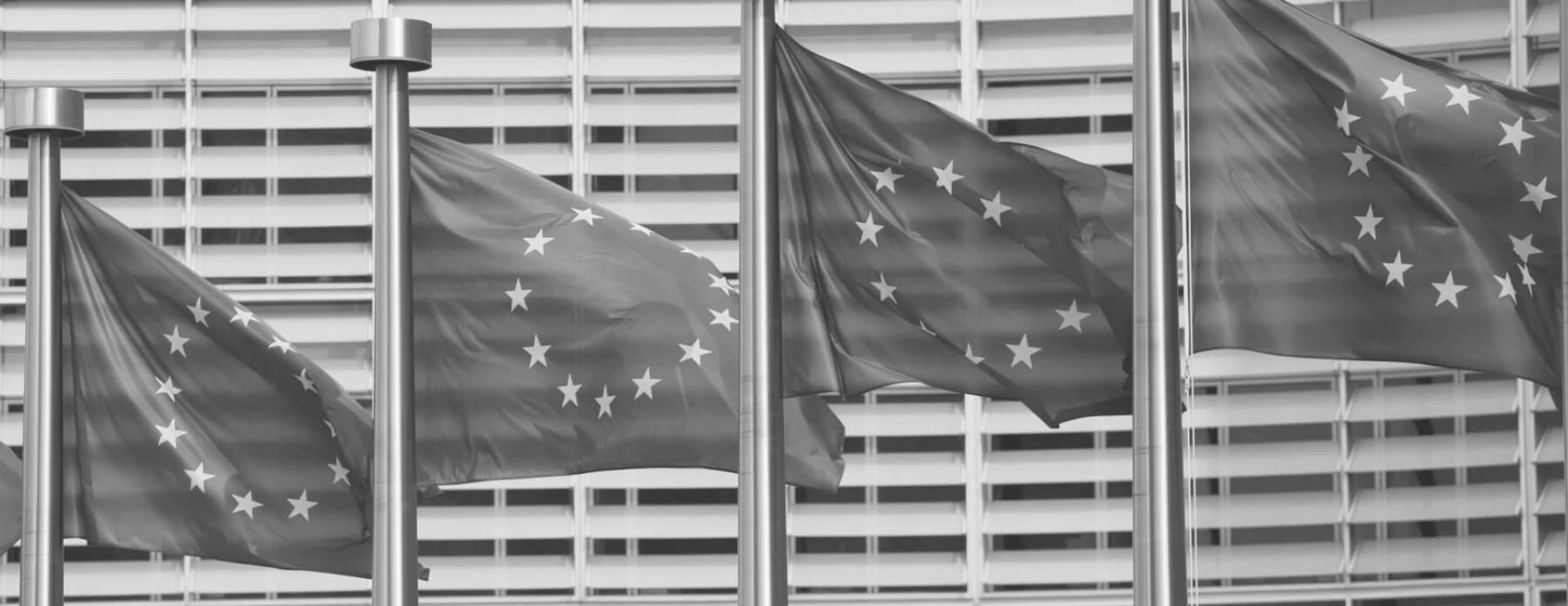Course Features

Course Overview
The IAPP Certified Information Privacy Professional Europe (CIPP/E) is the leading independent qualification covering European privacy laws. The CIPP/E is suitable for mandatory appointed data protection officers (DPOs) and other compliance professionals who are required to maintain their expert-level of knowledge of the relevant laws and regulations. By obtaining the CIPP/E certification, practitioners can significantly improve their career prospects and lifetime earnings.
Since the EU General Data Protection Regulation (GDPR) entered into application on 25 May 2018, the protection of personal data has become a board-level priority for organisations around the world. With its mandatory requirement to appoint DPOs, the need for suitably qualified practitioners to ensure data processing operations are compliant has grown significantly. To meet the demand for skilled practitioners, the IAPP introduced the CIPP/E credential, one of four professional certifications in the CIPP programme. The three other versions cover the laws and regulations that apply in the US private sector (CIPP/US), Canada (CIPP/C) and Asia (CIPP/A).
The CIPP/E provides DPOs and other industry practitioners involved in GDPR compliance or privacy-based roles with comprehensive knowledge of the European data protection legislative framework from its early beginnings in the 1980s through to the GDPR, the EU Directive on Privacy and Electronic Communications (ePrivacy Directive) and other related legislation, such as the EU Data Governance Act and the EU Artificial Intelligence Act. CIPP/E award holders will develop detailed knowledge of all aspects of privacy and data protection across the EU, including key terminology and practical concepts concerning the collection, processing, storage, use, transfers, sharing, disclosure, and disposal of personal information in today's digital economy.
The syllabus (body of knowledge) consists of three separate sections. The first section is the introduction to European data protection, which covers the institutional background and the legislation. The second section addresses European data protection laws and regulations, while the third deals with compliance and the application of the law in certain situations.
This IAPP-accredited CIPP/E course is delivered online, although onsite and online in-company options are also available. Delegates can gain a recognised practitioner-level workplace qualification at home or from their desk by attending four consecutive 4-hour live online sessions across one week. This IAPP course prepares participants for the 150-minute multiple-choice IAPP Exam.































